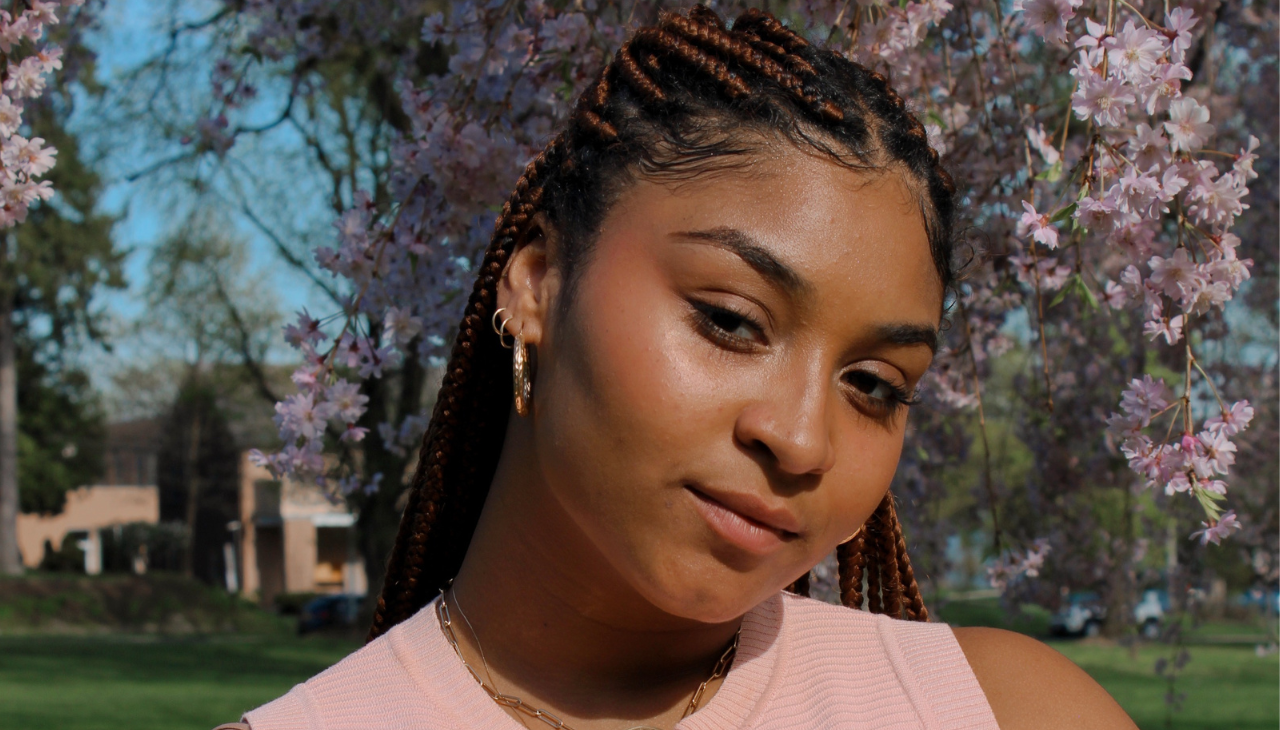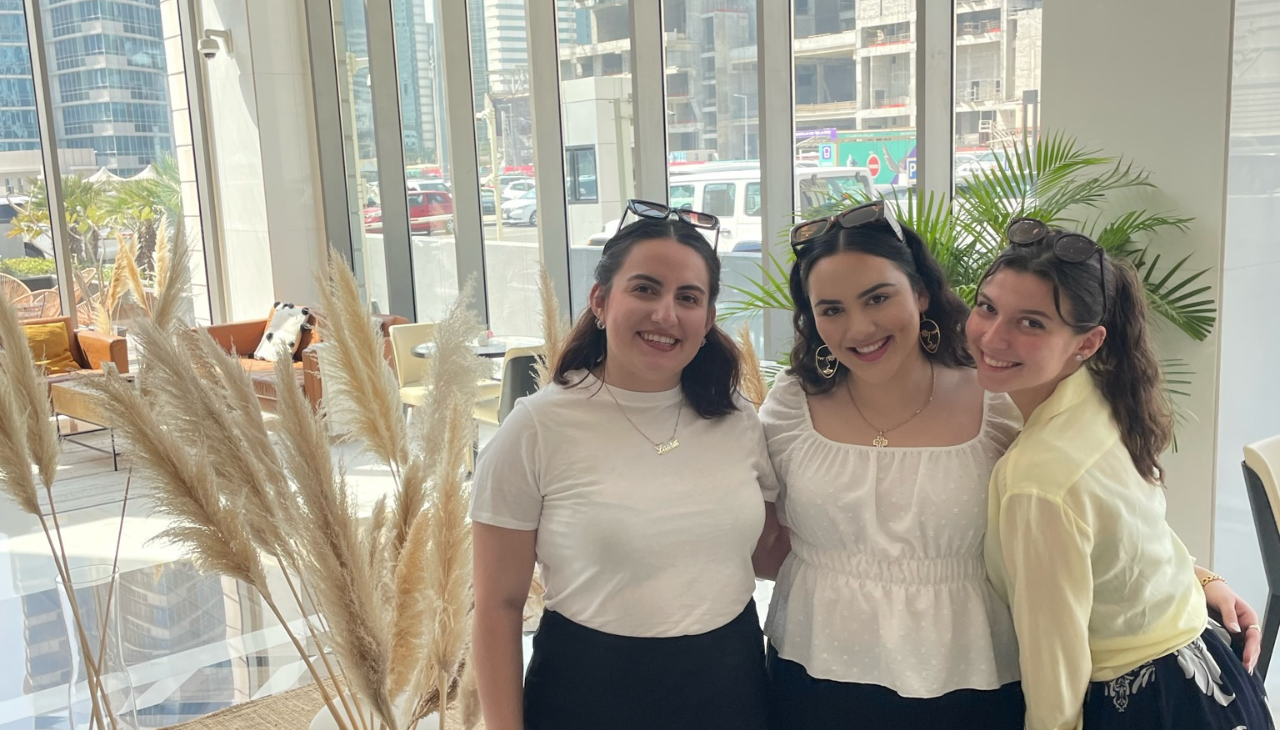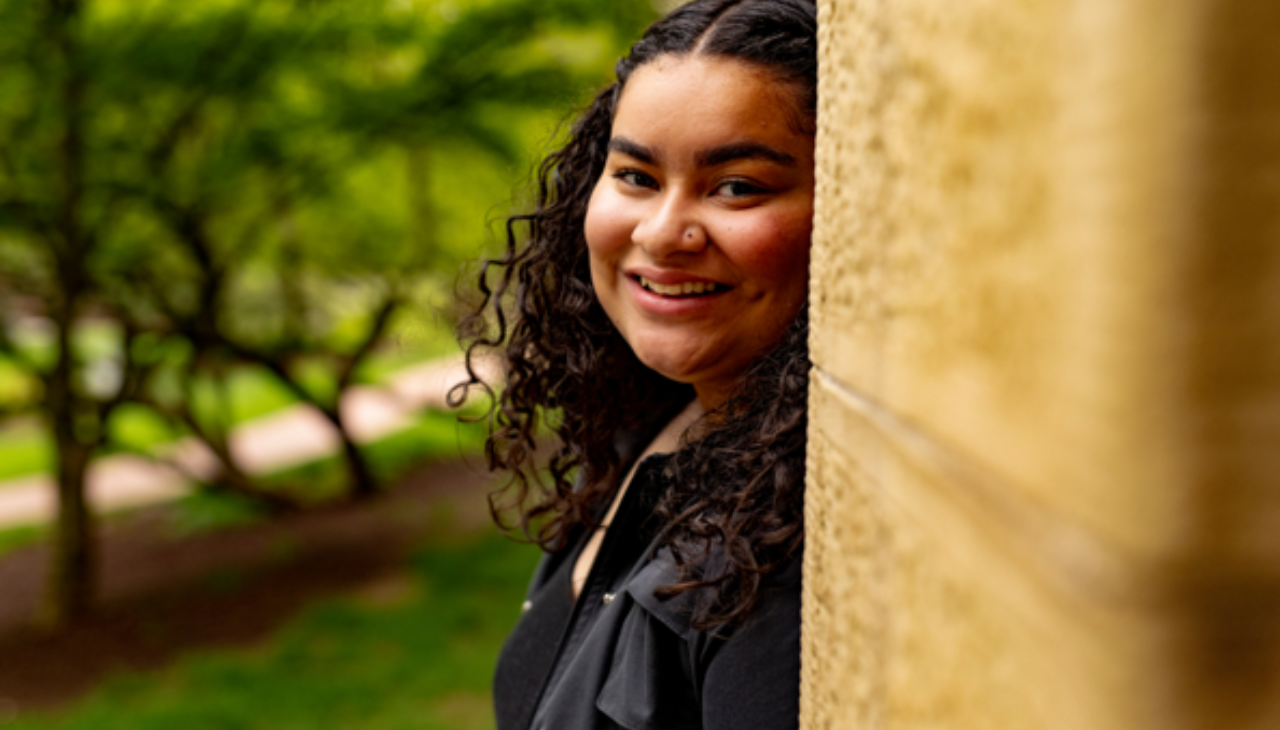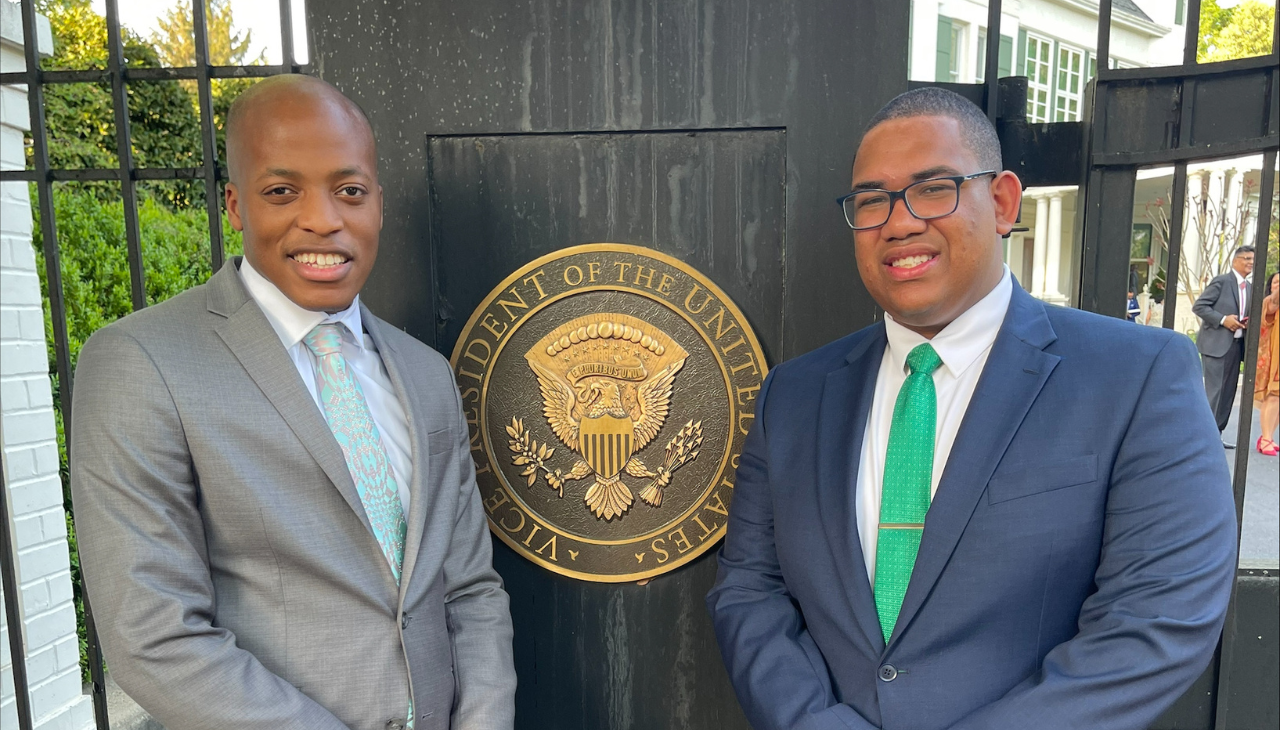
Supreme Court rules Yeshiva University must recognize LGBTQ group
It was reported in late August, that Yeshiva University filed an emergency request with the Supreme Court after the New York Court of Appeals refused to review the institution’s request.
In June, a New York court ruled that the University must recognize the LGBTQ club “Pride Alliance,” as it violates New York City’s human rights law. The university appealed this ruling with the Supreme Court, and on Friday, Sotomayor stated the University did not need to recognize the club, until an official ruling was conducted.
“If applicants seek and receive neither expedited review nor interim relief from the New York courts, they may return to this Court,” the justices wrote as reported by Higher Ed Dive.
Wednesday, Justices voted 5-4 to stop blocking New York Court’s ruling. The decision means the university must recognize the club, at least for now.
“The First Amendment guarantees the right to the free exercise of religion, and if that provision means anything, it prohibits a State from enforcing its own preferred interpretation of Holy Scripture,” Samuel Alito, one of the conservative justices wrote as reported by Higher ED Dive. “Yet that is exactly what New York has done in this case, and it is disappointing that a majority of this Court refuses to provide relief.”
CONTENIDO RELACIONADO
Although Yeshiva University can still return to the Supreme Court if the lower courts in New York fail to address the institution’s appeal’ for now they must abide by the previous ruling.
Eric Baxter, a lawyer representing Yeshiva said in a statement reported by Higher ED Dive,“Today the Supreme Court instructed Yeshiva University to make an additional effort to get the New York courts to grant them emergency relief and made clear that if that protection is not provided, they can return to the Supreme Court to seek its protection again.”
It shows the religious institution is willing to comply but will not stop until its religious rights are upheld.










DEJE UN COMENTARIO:
¡Únete a la discusión! Deja un comentario.